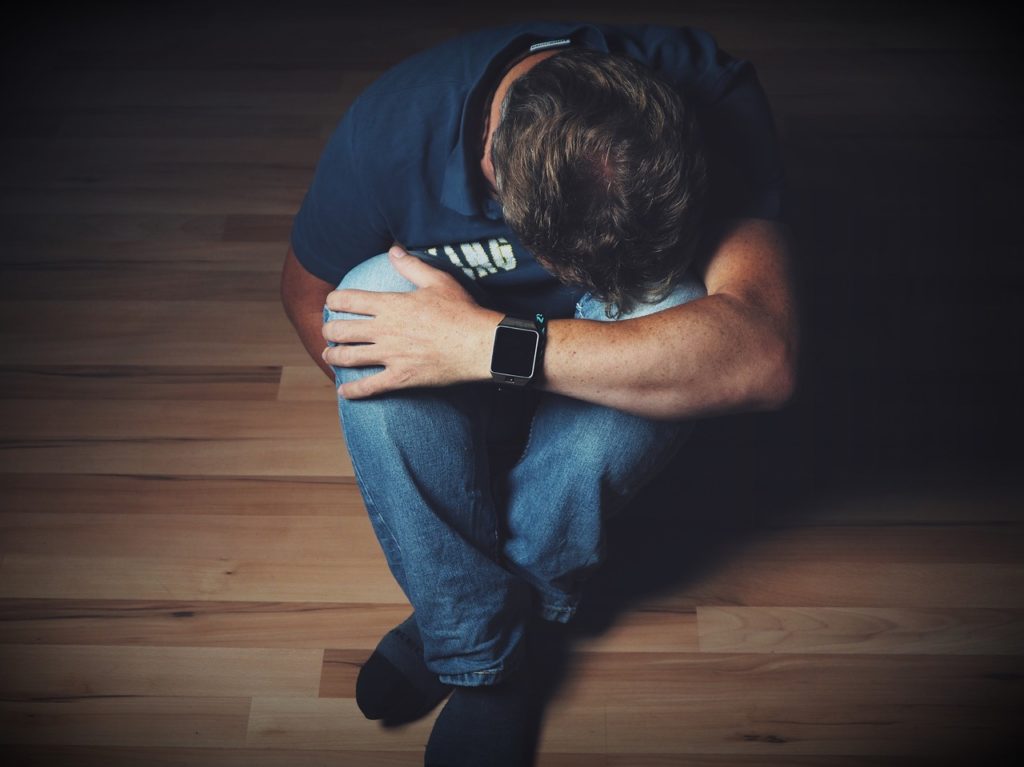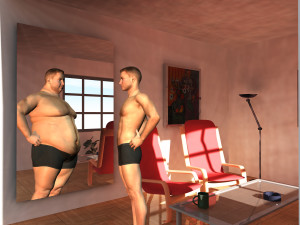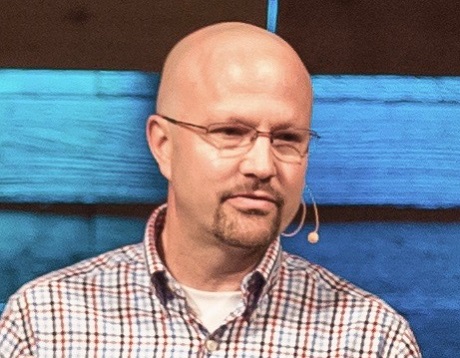- Calls to this hotline are currently being directed to Within Health, Fay or Eating Disorder Solutions
- Representatives are standing by 24/7 to help answer your questions
- All calls are confidential and HIPAA compliant
- There is no obligation or cost to call
- Eating Disorder Hope does not receive any commissions or fees dependent upon which provider you select
- Additional treatment providers are located on our directory or samhsa.gov
A Healthy Version of Male Body Image

Discussions about developing a healthy body image often provide tips on how to develop an appreciation for your body as it is, rather than how you would like it to be. These ideas are often directed at women, but can just as easily apply to the male body image. A sample of tips from the National Eating Disorder Association’s website [1] provides examples:
- Appreciate all that your body can do
- Do something nice for yourself
- Keep a top-ten list of things you like about yourself
- Look at yourself as a whole person
Putting these suggestions into practice may, indeed, help improve body image, yet the idea of viewing oneself as a “whole person” may be both the most useful and most difficult.
Throughout history, there have been many views of what constitutes a person. Are we merely biological matter, or do we also consist of soul and spirit? If we do have multiple parts, how many are there, and how do they interact?
While this discussion may seem irrelevant to developing a healthy body image, it is actually at the heart of it, because, in Western Civilization, we mostly view ourselves in a dualistic manner. In other words, we agree with thinkers like Plato and Descartes, who separated self from the body, which sets us up to view the body as disposable. The body becomes an object to manipulate. It becomes a commodity.
This separation is at the root of abuse, racism, and slavery. When we come to view others as mere objects, we can use them, sell them, or discard them. Objectification is central to hatred. Body objectification is central to body hatred.
 Philosopher Thomas Fuchs [2] ties this idea of “body as object” (what he calls the corporealized body) shame, and body dysmorphia together. In other words, when we experience our bodies as an object, an obstacle to fulfillment, we will hate it and attempt to manipulate it.
Philosopher Thomas Fuchs [2] ties this idea of “body as object” (what he calls the corporealized body) shame, and body dysmorphia together. In other words, when we experience our bodies as an object, an obstacle to fulfillment, we will hate it and attempt to manipulate it.
What then is a healthy male body image? He suggests that we must change our perspective from “body as object” to what he calls a lived body experience—one in which you become immersed in your bodily sensations.
Consider this scenario; going to the beach and hyper-focusing on how toned your arms are and how flat your stomach is. Fuchs would call this a corporeal view of the body (body as an object).
A lived body experience would be one in which you notice the breeze, the smell of salt in the air, the warmth of the sun on your skin, and the texture of the sand underfoot.
This shift in perspective may raise all kinds of philosophical, biological, and theological questions; questions you may wish to pursue. But the change in perspective is powerful and may provide a seismic shift in how you improve the male body image.
REFERENCES:
[1] 10 Steps to Positive Body Image. (2018, February 22). Retrieved November 20, 2019, from https://www.nationaleatingdisorders.org/learn/general-information/ten-steps. [2] Fuchs, T. (2007). The Phenomenology of Shame, Guilt and the Body in Body Dysmorphic Disorder and Depression: Semantic Scholar. Retrieved November 20, 2019, from https://www.semanticscholar.org/paper/Thomas-Fuchs-The-Phenomenology-of-Shame-,-Guilt-and-Fuchs/46cf1ccf39d6cfa50128240e003068f43db62d37.About the Author:
 Travis Stewart, LPC has been mentoring others since 1992 and became a Licensed Professional Counselor in 2005. His counseling approach is relational and creative, helping people understand their story while also building hope for the future. Travis has experience with a wide variety of issues which might lead people to seek out professional counseling help.
Travis Stewart, LPC has been mentoring others since 1992 and became a Licensed Professional Counselor in 2005. His counseling approach is relational and creative, helping people understand their story while also building hope for the future. Travis has experience with a wide variety of issues which might lead people to seek out professional counseling help.
This includes special interest in helping those with compulsive and addictive behaviors such as internet and screen addiction, eating disorders, anxiety, and perfectionism. Specifically, he has worked with eating disorders since 2003 and has learned from many of the field’s leading experts. He has worked with hundreds of individuals facing life-threatening eating disorders in all levels of treatment. His website is wtravisstewart.com
The opinions and views of our guest contributors are shared to provide a broad perspective on eating disorders. These are not necessarily the views of Eating Disorder Hope, but an effort to offer a discussion of various issues by different concerned individuals.
We at Eating Disorder Hope understand that eating disorders result from a combination of environmental and genetic factors. If you or a loved one are suffering from an eating disorder, please know that there is hope for you, and seek immediate professional help.
Published November 27, 2019, on EatingDisorderHope.com
Reviewed & Approved on November 27, 2019, by Jacquelyn Ekern MS, LPC

The EatingDisorderHope.com editorial team comprises experienced writers, editors, and medical reviewers specializing in eating disorders, treatment, and mental and behavioral health.

